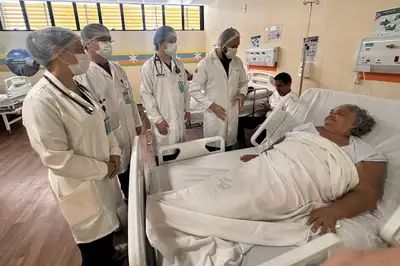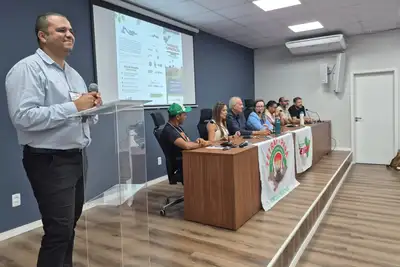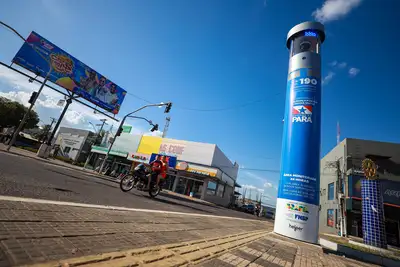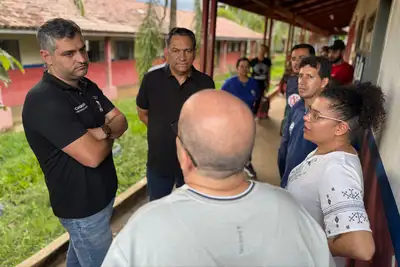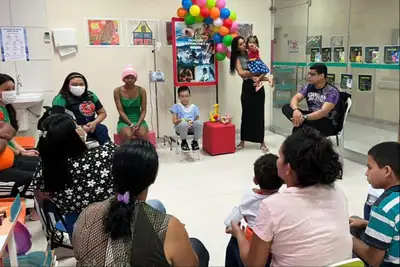Bope conducts crisis simulation with explosive device at Belém Airport
The action was promoted by the Federal Police and focused on improving cooperation between state and federal public security agencies, especially in transnational and high-complexity incidents.
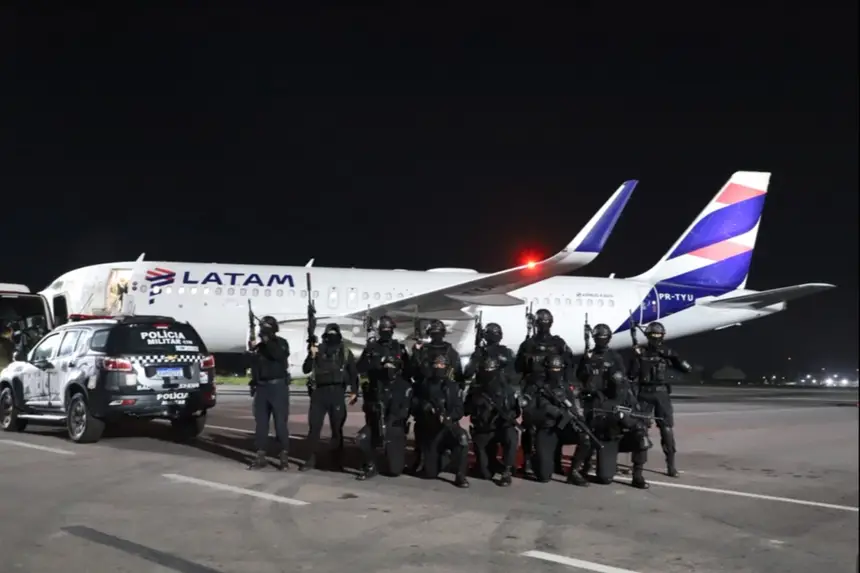
In the early hours of this Tuesday (9), the Special Police Operations Battalion (Bope) of the Pará Military Police participated in a Simulated Exercise for Illicit Aircraft Seizure (Esaia), held at Belém International Airport, in the Val-de-Cans neighborhood. The action was promoted by the Federal Police, through its Intervention Group (GI), and focused on improving cooperation between state and federal public security agencies, especially in transnational and high-complexity incidents.
The invitation to Bope/PMPA reinforces the Federal Police's recognition of the technical capacity and experience of the Pará personnel in high-risk tactical actions. During the exercise, Bope operated with specialized teams in sniper (marksmen), negotiation, explosive device deactivation, and tactical intervention, integrating with other participating forces in a coordinated and strategic manner.
The simulation involved the taking of hostages on an aircraft by armed criminals, requiring the application of international crisis response protocols, as well as the coordination among different security agents in real time. The complexity of the scenario allowed for the assessment of the readiness of the involved institutions and their response capacity to extreme threats.
Exercises like Esaia are essential to keep security forces prepared and aligned in the face of challenges in sensitive environments like airports. Furthermore, they strengthen the culture of integration among agencies that, together, form the frontline in protecting society.
The exchange of experiences with the Federal Police and other participating entities significantly contributes to the technical, strategic, and human improvement of Bope personnel, who, along with other units of the Special Missions Command, are a second effort troop, activated in situations of severe crisis.
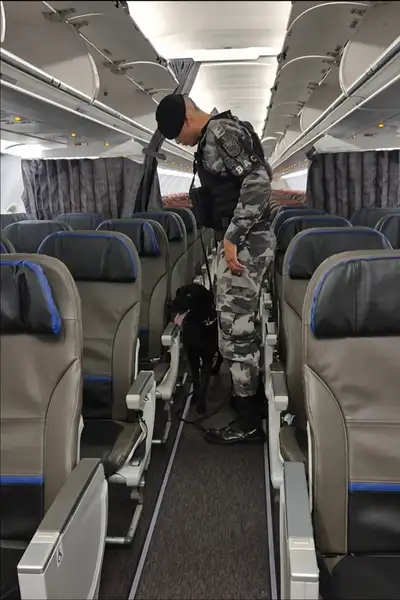
“Negotiation is the first option in crisis management, and the negotiation team was made up of negotiators from PMPA and PF. The Gate (Special Tactical Actions Group) of Bope improved, together with the GPI of PF, surrender protocols for the Critical Event Causer, receiving and screening hostages, as well as scanning the aircraft. For the simulation, Bope also provided precision police shooters to operate within the expected parameters, which was a positive differential for the crisis manager and the decision-making office, which received detailed visual information provided almost instantaneously by Bope's snipers,” explained Captain Zampietro, who coordinated the unit's actions on site.
According to the officer, the exercise worked with the possibility of containing explosive devices on the aircraft, so Bope's Bomb Squad and the Canine Action Battalion also worked together, providing options for deactivating possible devices.
According to Bope's commander, Major Rocha, “although it is a simulation under the coordination of the Federal Police, Bope, as a holder of tactical alternatives, can support operations involving hostages, explosives, and other crisis situations. For these types of situations, we use our Special Tactical Actions teams and the bomb squad within the crisis management doctrine, always prioritizing time compression, as every second of delay can represent a risk to life. Therefore, rapid deployment, combined with technique and preparation, is essential for the success of special operations.”
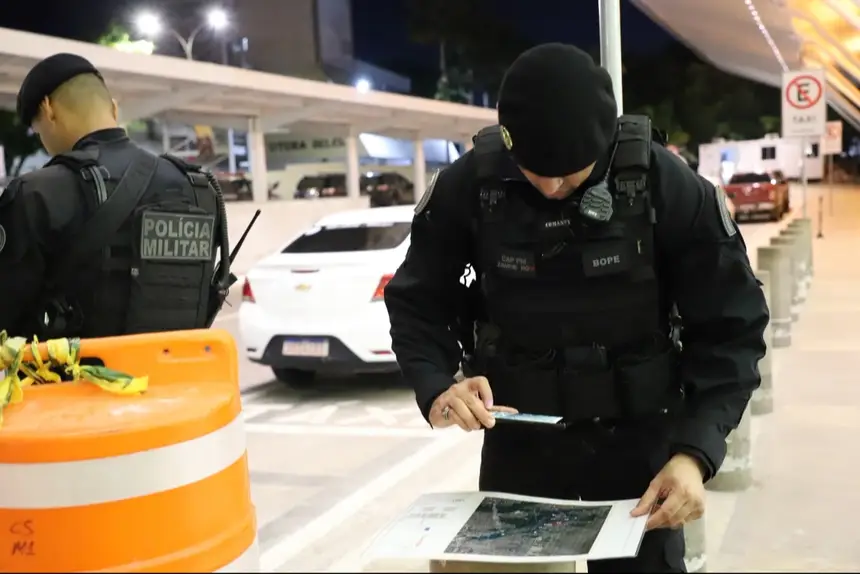
The Pará Military Police has been continuously investing in specialized training to keep its troops highly qualified to act in high-complexity incidents. “Training together with other security forces, combined with practice, is one of the objectives of the Military Police today. Crime evolves constantly, and we need to be prepared to combat it, adapting to new crime modalities. For this, we invest in technology, precision equipment, special clothing, and, above all, in the training of the troops. The result we seek in every action is always the same: to save lives and ensure the safety of the population,” highlighted Colonel Mariúba, commander of the General Operations Department of PMPA.
Text: Sergeant Josuelton Chagas




